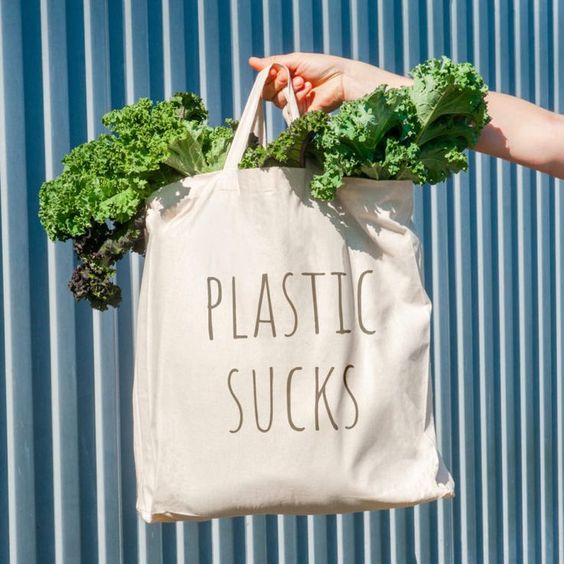
Methods to Reduce Household Waste to be More Environmentally Conscious

It’s becoming more common for people to search for ways in which they can reduce their waste and make positive steps towards helping the environment. At the same time as this, many people might purposefully overlook some of these methods due to them being too much of a hassle and not making enough of a difference in the grand scheme of things. However, if everyone is choosing to reduce their waste somehow, then collectively, we make an astronomical difference. To give you some ideas as to what you could do to be more environmentally conscious, try some of our suggestions below.
Composting Food Waste
This step serves two purposes if you grow your own plants or crops. It reduces the amount of food that gets dumped in landfills and allows you to have access to nutrient-rich compost that can help your crops grow stronger and healthier. Using a compost bin can be very beneficial for both yourself and the environment as you’ll be directly reducing the amount of waste that ends up in landfills. When food waste is left in a landfill, it doesn’t break down properly compared to in a compost bin. To take it a step further, hire a waste management company to properly manage and recycle your organic waste. The emissions that come from food waste and other organic matter on these huge piles of rubbish contribute to over one-third of the UK’s methane emissions. This directly damages the o-zone layer contributing heavily to climate change.
Choose Refillable Products
Hand-soap dispensers, shower gels, and cleaning supplies are often big contributors to plastic waste. The hard plastics of pumps and caps are rarely recycled today and can release harmful plastic pollutants into the environment when left in a landfill. Some often find their way into the oceans, too, critically harming sea life and disturbing the fragile balance of our oceans. You can cut down on this waste by choosing products which are specifically designed to be used as refills for permanent containers. These refillable options won’t contain as much hard plastic, making them easier to recycle and ultimately reducing the amount of waste they create.
Repair Or Repurpose Old Clothes
This may or may not surprise you, but clothing and other textiles make up a huge portion of our waste, with the UK alone producing over 200 tonnes of textile waste every year. This comes from individuals throwing away unwanted clothing instead of donating it to charity or even fixing up broken items. You could significantly cut down on the amount of textile waste you produce by repairing your clothes with a needle and thread or even a quality sewing machine from Singer Outlet. This will allow you to patch up any holes and tears in your fabric and even make alterations to older items that need a fresher look. Don’t forget to donate clothes you just no longer want as well instead of throwing them in the big. If a garment is in good condition, there is likely someone else out there that would enjoy it. You could also sell it yourself using an online marketplace too.
Visit A Zero-Waste Shop
Similarly to the concept of buying reduced waste refill products, you could try to locate a nearby zero-waste shop. While lacking a level of practicality, spending a bit of effort taking some reusable containers to one of these shops will allow you to stock up on everything from rice and cereal to hygiene and cleaning products. These zero-waste stores will have a number of dispensers which you can fill up your containers from. Your containers are then weighed, and you’ll pay for these products based on their weight. For now, most edible zero-waste products are dry goods and preserved foods, as these can be stored for long periods of time in these conditions, but this means you’ll be able to restock your food cupboards quite substantially and reduce the amount of plastic packaging you end up throwing away.
Use Reusable Bags
Something that still ends up in landfills today is plastic shopping bags. Even with the introduction of reusable bags, a lot of these still get thrown away too, so it’s important to be vigilant with this step and remember to bring them with you to the supermarket. It might also be worth keeping some stored in different places, such as the boot of your car, a rucksack, or a coat pocket, to reduce the chance that you’ll be caught without one. If you do need to buy a new reusable bag, do so with the intention of keeping it. While the intention behind the reusable plastic bags was pure, the wasteful mentality of the public wasn’t accounted for. Many of us have thrown away at least one of these bags and over the years, they’ve actually been causing more plastic waste than ever before. Your best option to help the environment here is to turn reusing bags into a habit and avoid throwing any of them away. You may also consider using wholesale biodegradable plastic trash bags.











































